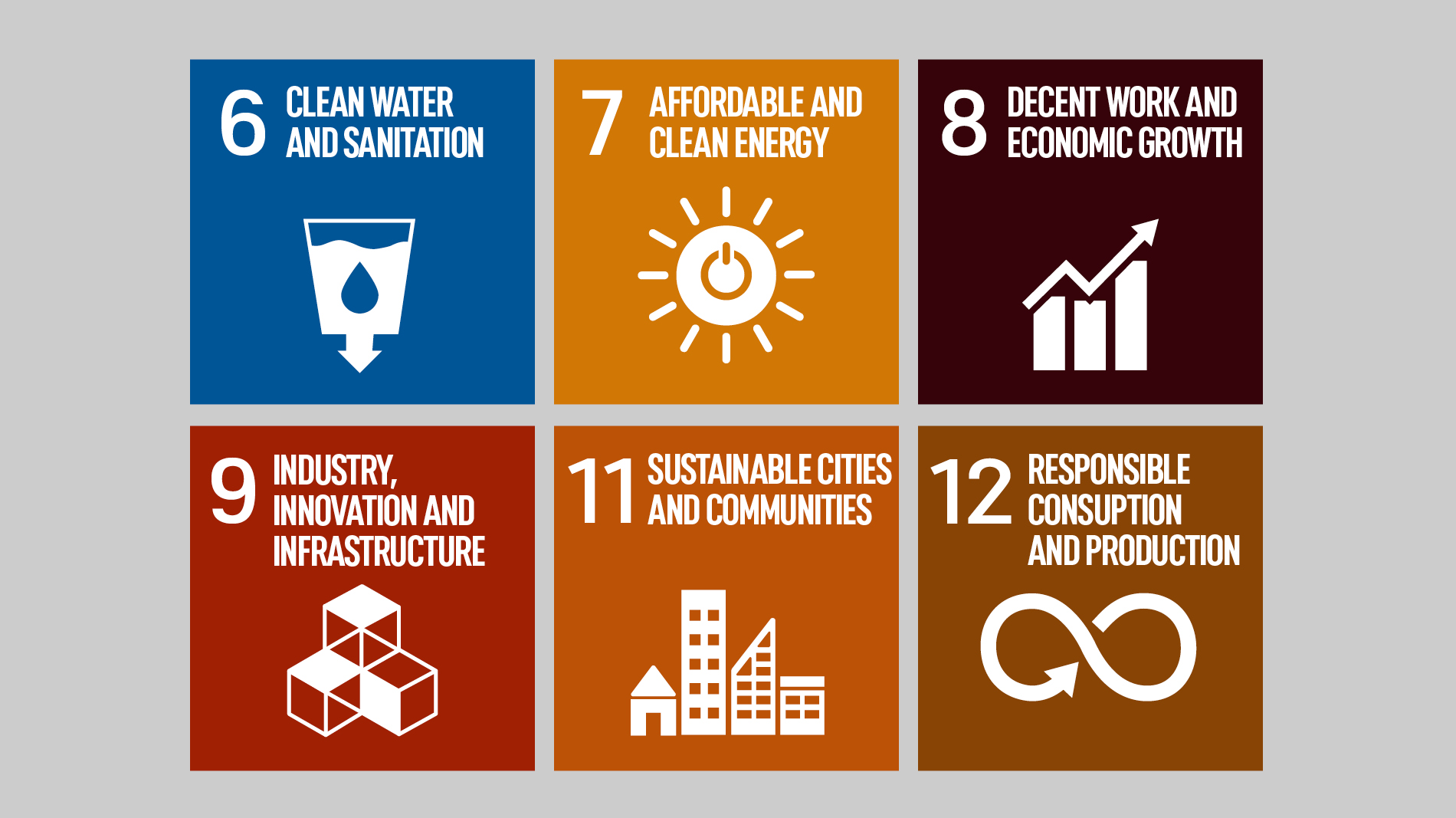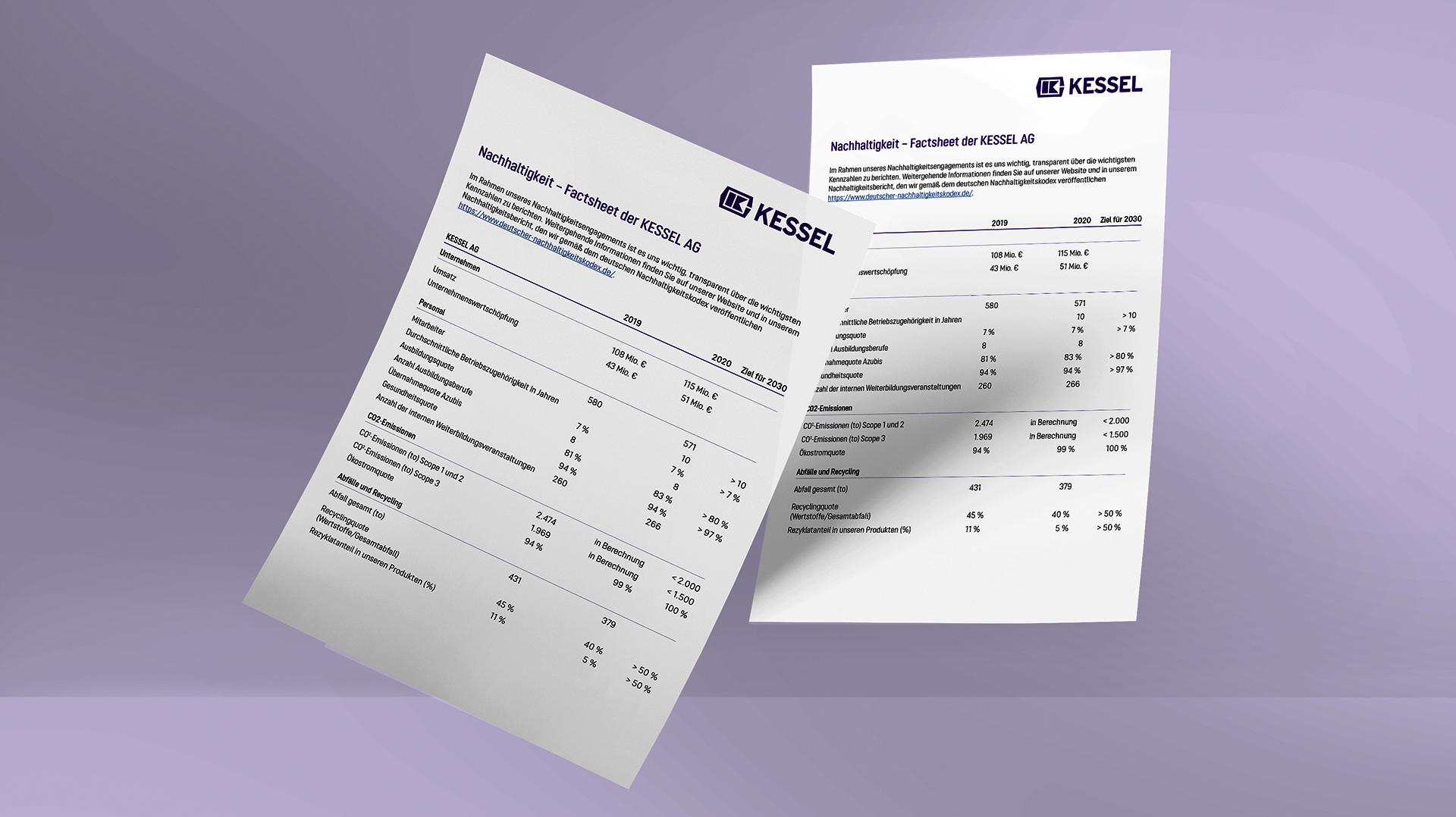
Climate neutrality and sustainability at KESSEL AG
Doers not just talkers: This also applies to sustainability at KESSEL AG. Instead of promising to become climate-neutral in 10, 20 or 30 years, the family-owned company has just done it. With immediate effect. This is thanks to the motivated sustainability team to which all employees can contribute their own ideas. These are then continuously incorporated into the long-term sustainability strategy of KESSEL AG: In the form of specific measures in four areas of activity, which are regularly reported in accordance with the requirements of the German Sustainability Code (DNK).
Climate neutrality
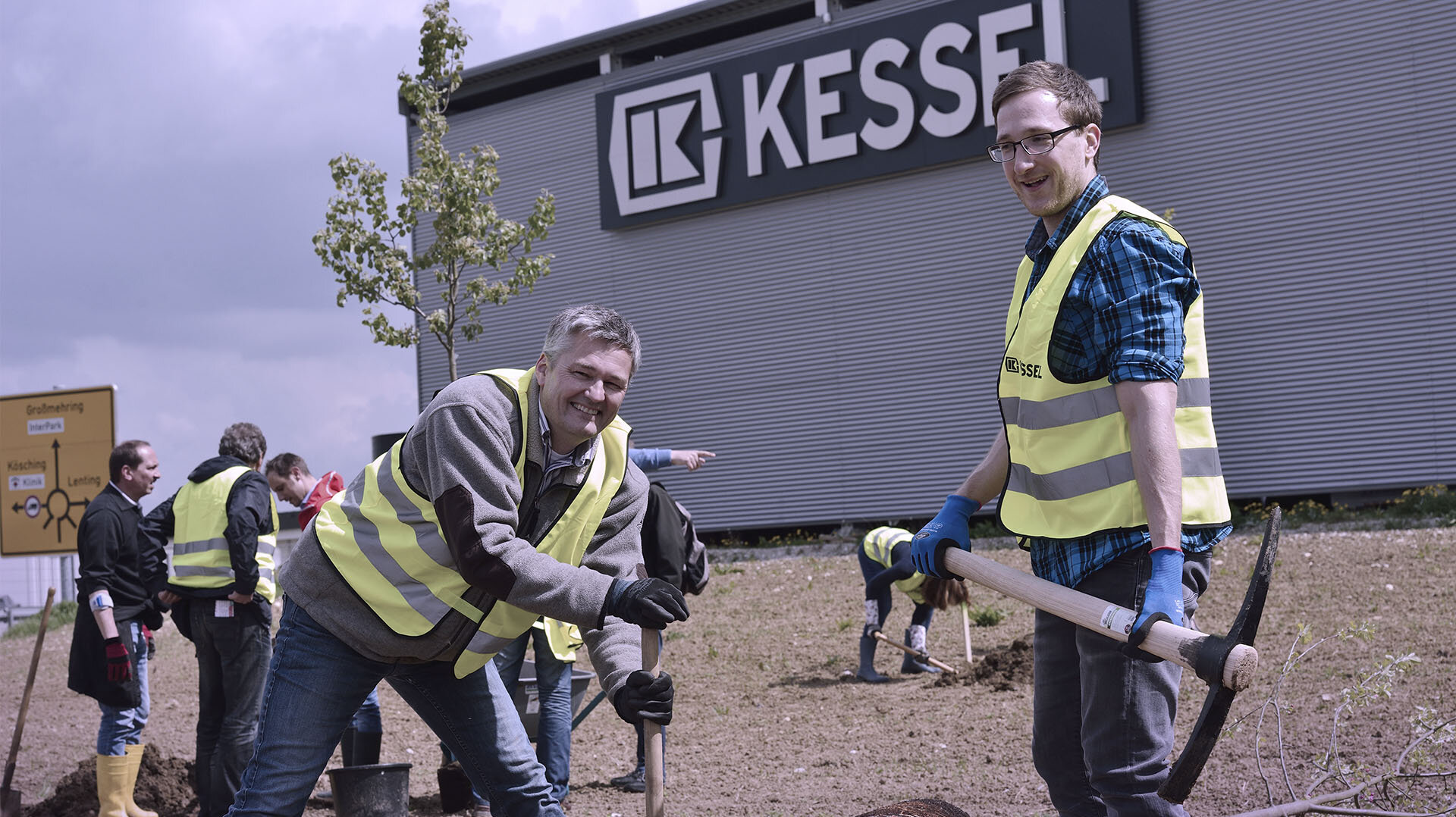
Climate-neutral production
Since May 2021, the production site of KESSEL AG has officially been a climate-neutral operation. ClimatePartner calculated the company's climate footprint, taking into account not only direct emissions and power consumption (Scope 1–2), but also emissions from Scope 3 such as employee travel, business trips, meals in the company canteen or water consumption. With the definition of the "footprint" in this broader sense, KESSEL AG goes far beyond the usual approach to climate neutrality as its own company headquarters, often taking only the first two stages into account.
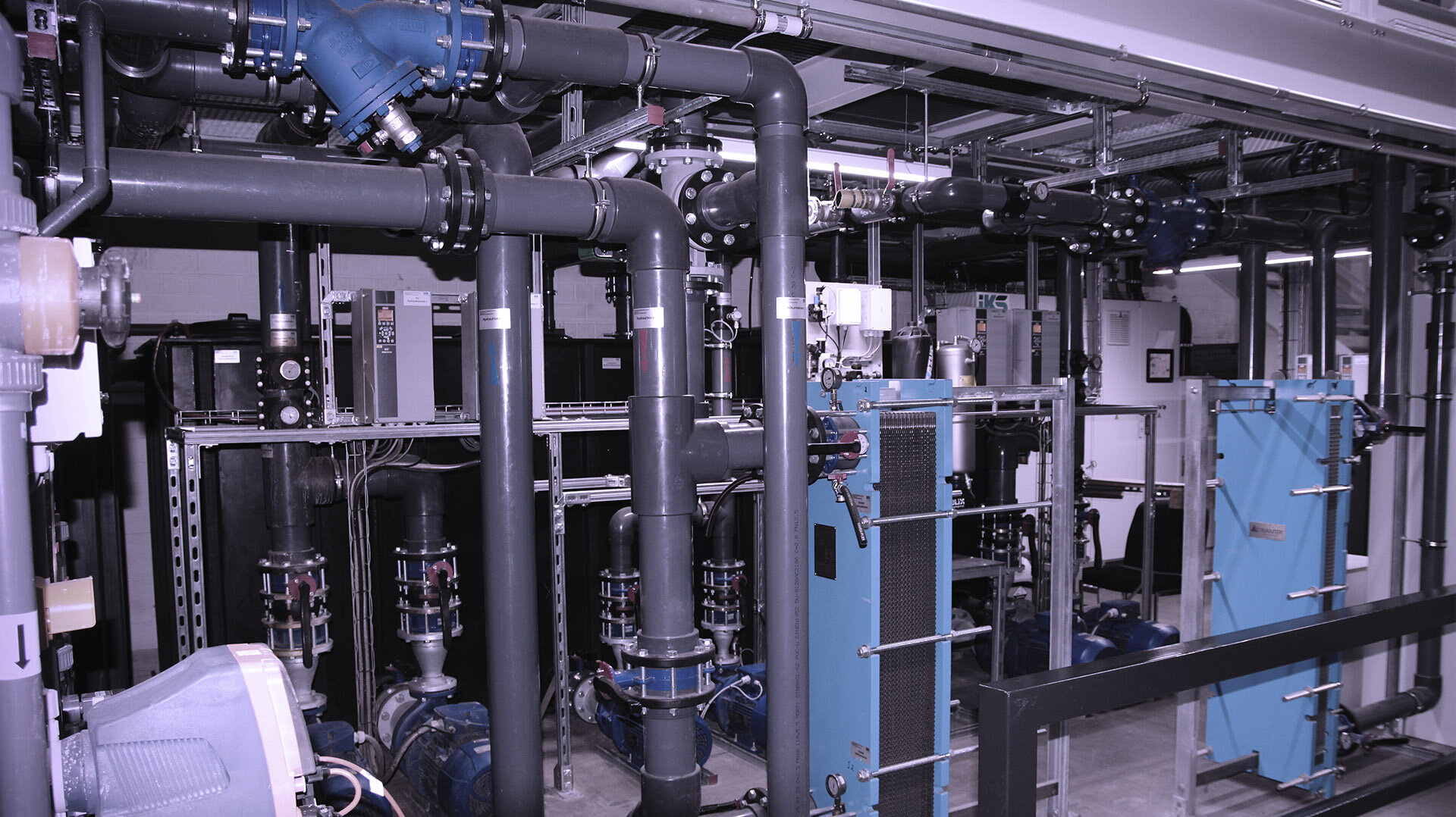
Decrease in CO2
The first step towards climate neutrality after recording emissions is to identify potential savings in the company and exploit them in the best possible way. In the case of KESSEL AG, these were, for example, avoiding the use of heating oil, switching to green electricity and stricter guidelines for business trips. From these and other measures, the company management hopes to be able to save 20–45 percent of its previous emissions in the long term.
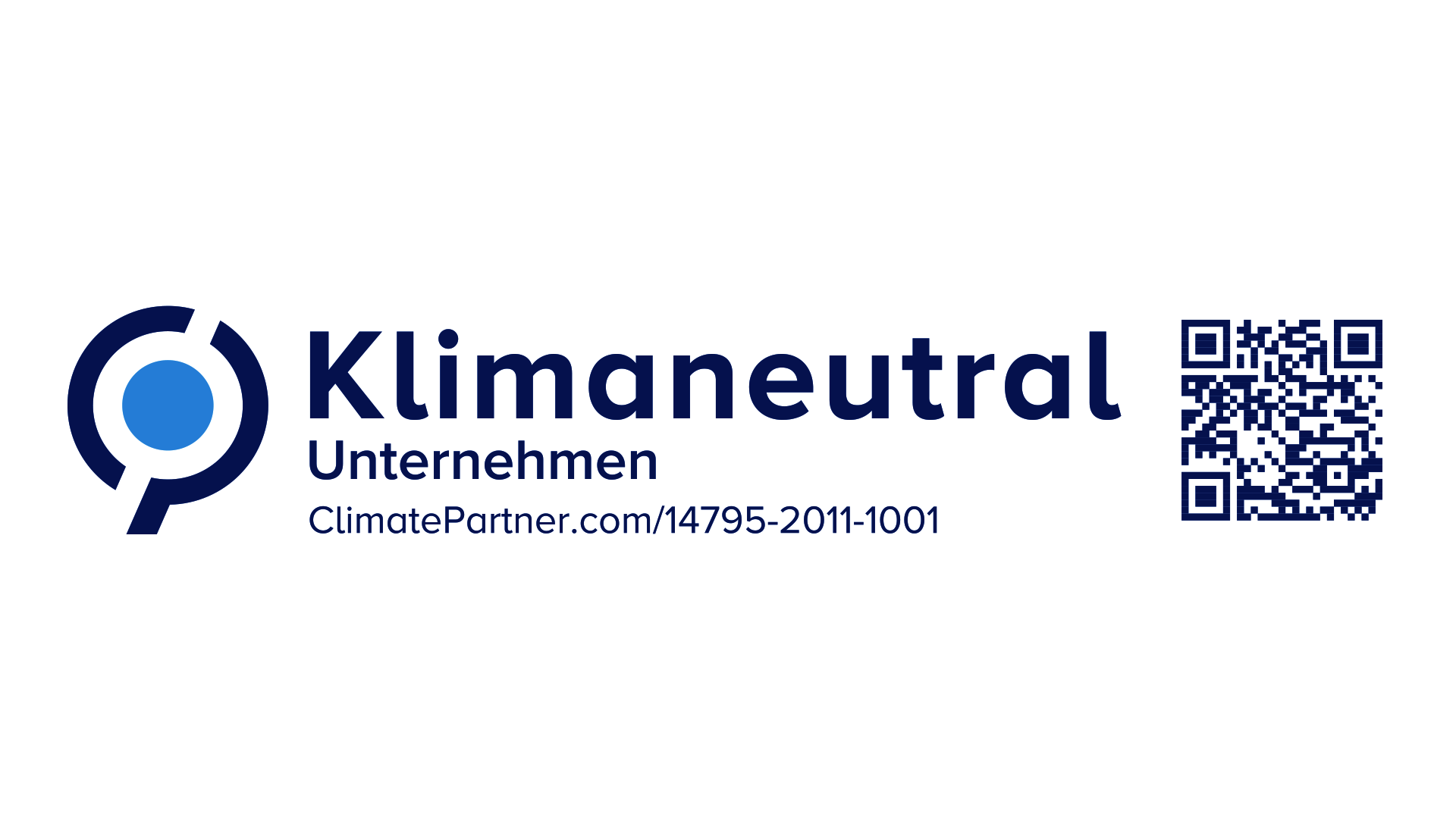
First the reduction, then the compensation
The unavoidable emissions that remain after the savings measures are compensated for by participating in a certified climate protection project through ClimatePartner. These projects reduce or absorb greenhouse gases elsewhere in the world, for example, by planting trees or creating alternatives for CO2-intensive activities. The project to which KESSEL AG is committed enables people in Uganda to have access to clean drinking water. This means that the inhabitants are not dependent on felling trees and boiling their water over open fires with the wood obtained from them.
Materials and recycling
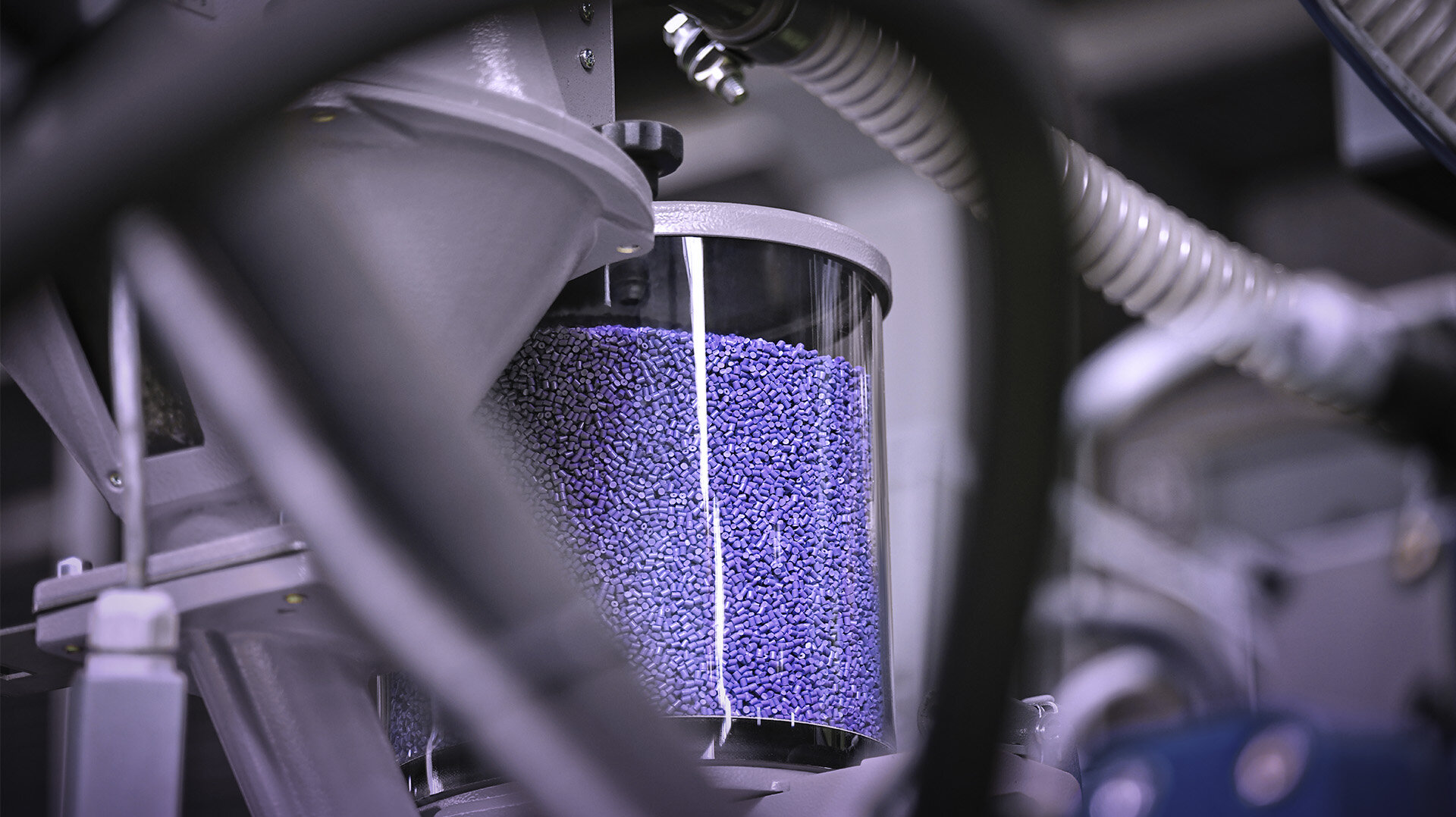
A question of quality
From a sustainability point of view, polymer material can and must be called into question. KESSEL does this, but concludes that this resilient, corrosion-free and energy-efficient material is currently the best choice for drainage solutions that are to remain in operation for as long as possible – in contrast to disposable polymer products. Of course, this only applies to first-class material quality: The 20-year warranty on KESSEL polymer tanks shows that KESSEL can keep this promise.
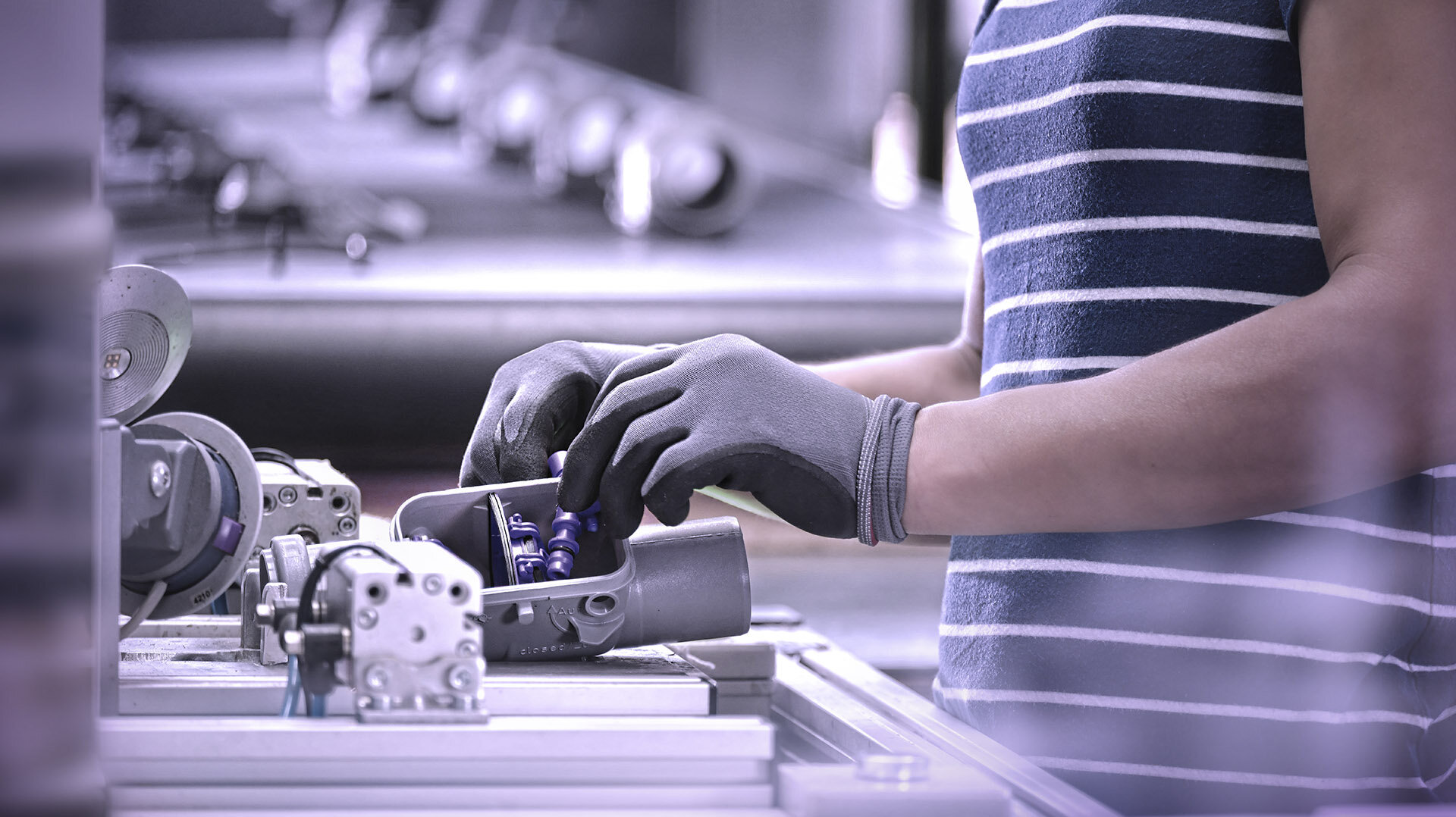
Step-by-step to series production
For the sake of the environment, KESSEL wants to use alternative polymers such as recycled polymer and biopolymer in the medium to long term. Its suitability for production is tested on an ongoing basis and the first products made of such materials have already been produced for test purposes. As soon as top quality can be guaranteed, nothing stands in the way of series production with alternative plastics produced in-house or purchased by the company.
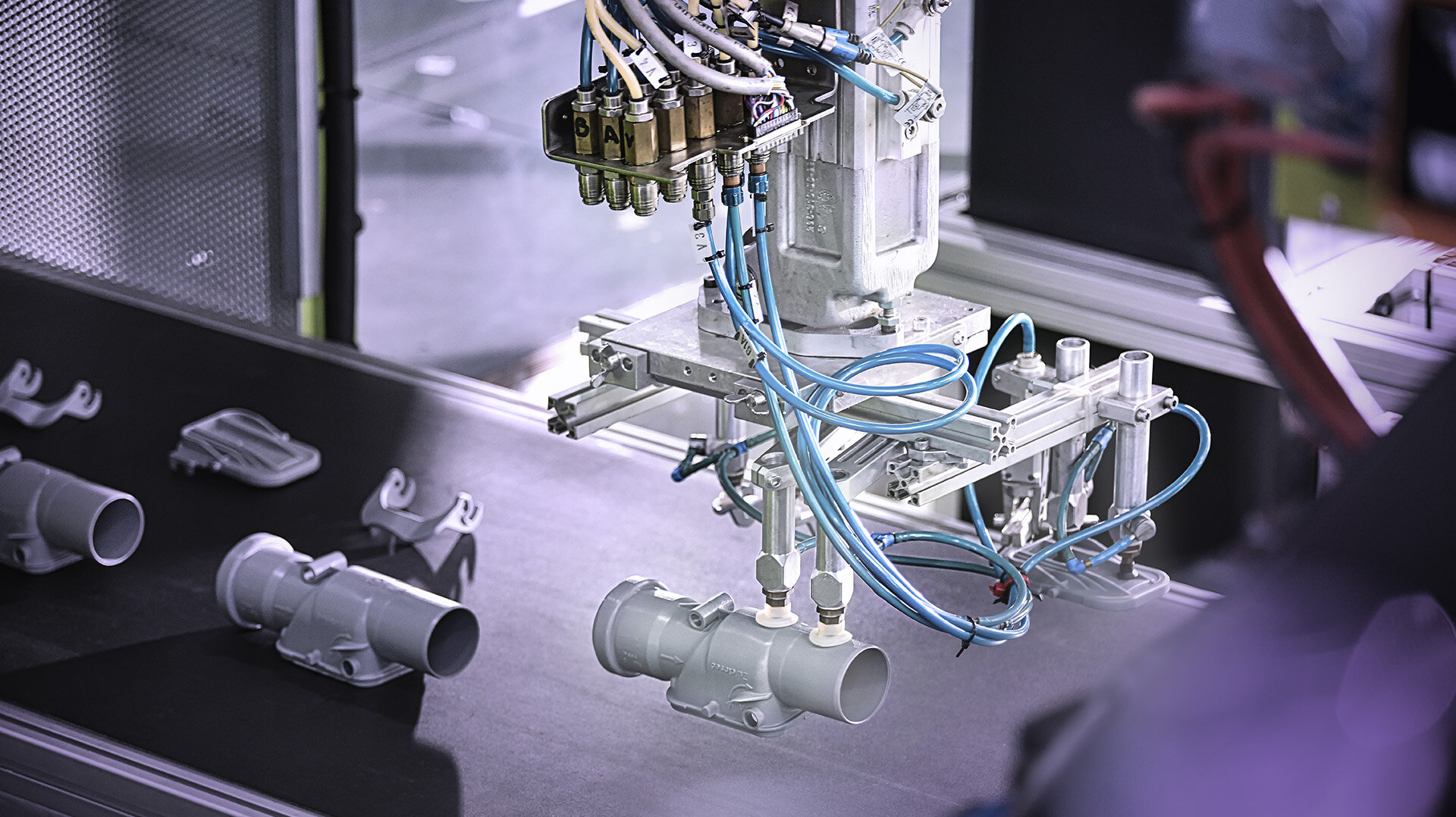
Less is more
Waste is inevitable in the manufacturing industry – it's all the more important to reduce it to an absolute minimum. In order to achieve this, KESSEL is reintroducing material waste into production and is also consistently relying on recycling outside of production. What's even better than recycling waste is of course to prevent it from being generated in the first place. This is why KESSEL is digitising more and more processes, for example, in order to make everyday office life as paperless as possible.
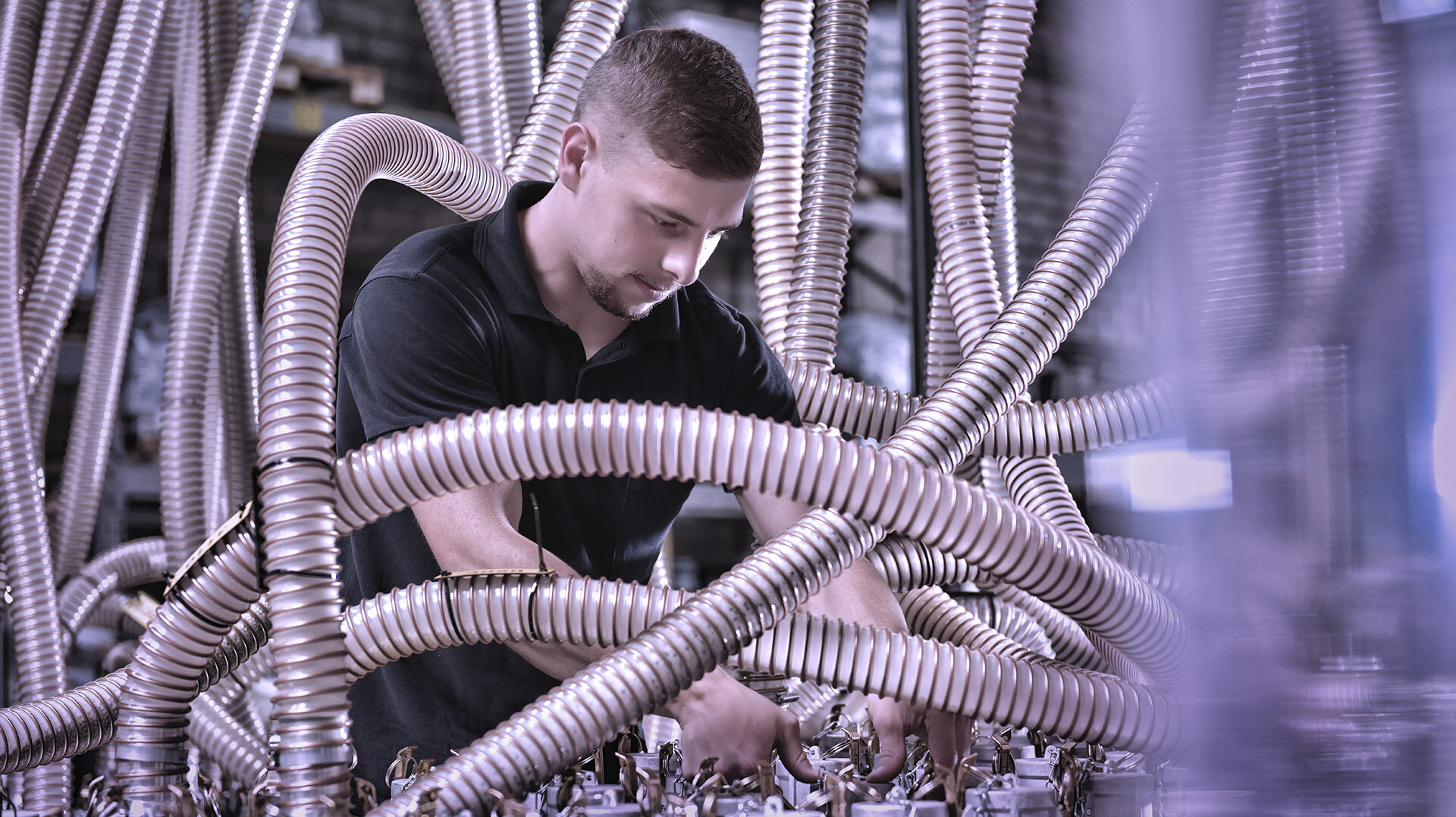
Market
All quality-enhancing measures with regard to KESSEL drainage solutions fall into the market area. They cover the entire value chain from product development and material and supplier selection through to production and service. This includes, amongst other things, maximising supplier quality, the fast handling of complaints and the internationalisation of our own quality management system.
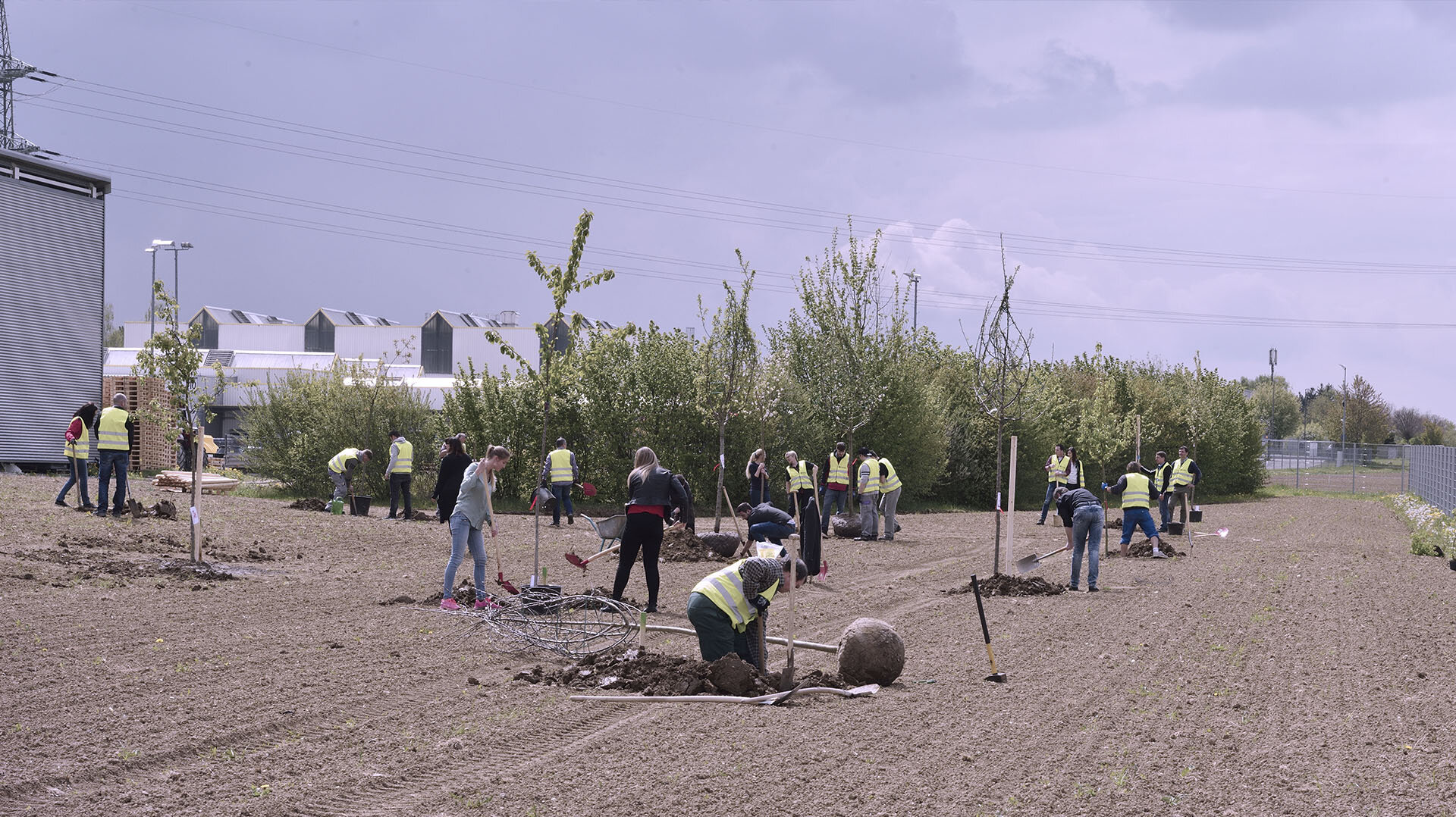
Environment
In the area of environmental protection, natural resources are protected by KESSEL AG reducing its material and water consumption as well as the energy and CO₂ intensity of its business operations. To this end, the company relies on renewable energies such as solar power and hydropower, uses the waste heat from the production plants, extends the environmental management system to its international locations and continuously monitors progress on the basis of the corresponding indices, amongst other things.

Employees
The measures taken in the area of employees concern the company's attractiveness as an employer, in particular with regard to health care and occupational health and safety. These include in-house nutrition-related, sports and leisure activities, in-house health management with free medical examinations as well as safety training for employees of KESSEL AG. The goal is to achieve the highest possible health rate and the lowest occupational accident and absence rate.
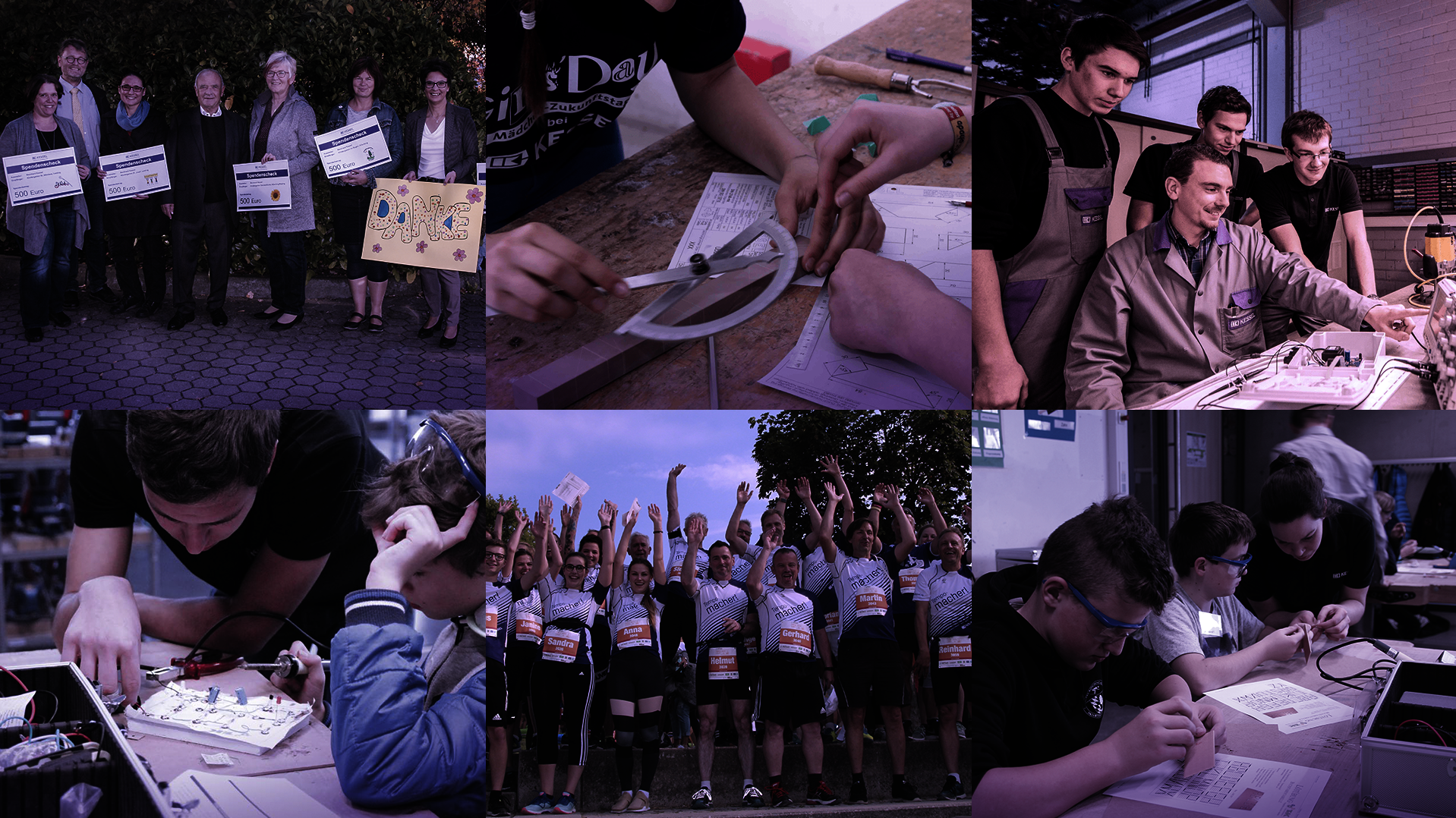
Community
The area of community encompasses all activities with which KESSEL AG makes a direct contribution to sustainable social development – for example, by creating future-oriented training and jobs in the region. But above all, it is about external partnerships such as educational projects that KESSEL locations implement together with various institutions such as schools, universities and associations, as well as sport and cultural sponsorship programmes.

